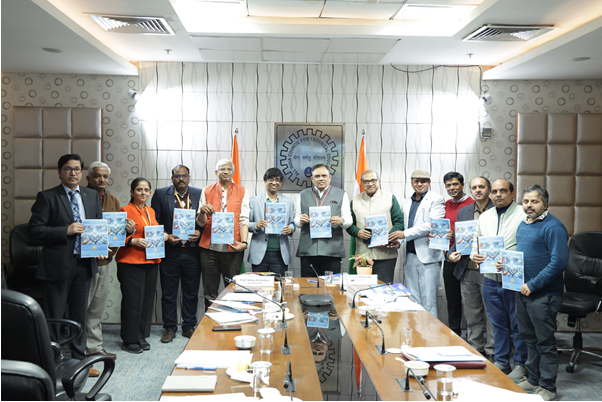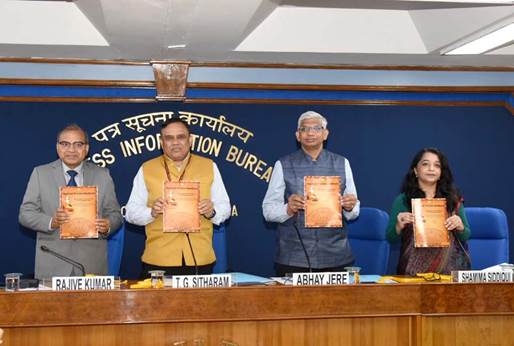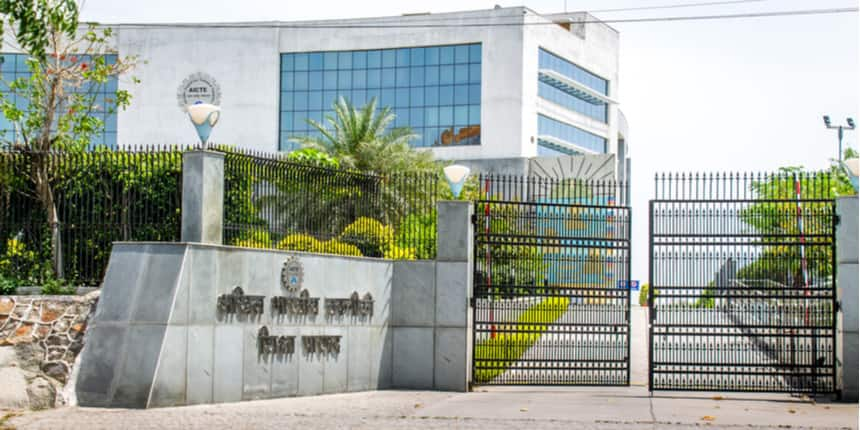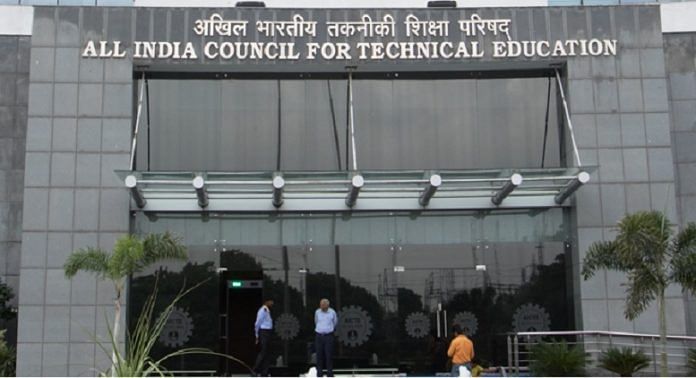Aiming to promote innovation and entrepreneurship among students across India, the All India Council for Technical Education (AICTE) has launched UDYAMOTSAV 2025.
Organised in partnership with the Ministry of Education’s Innovation Cell (MIC), the event coincides with National Startup Day, announced by PM Narendra Modi on January 16, 2022, and aligns with the vision of the government to make India a global hub for startups. Being the government’s flagship initiative, Startup India has fostered innovation, catalysed startup culture, and built a robust and inclusive ecosystem for entrepreneurship. Over the years, the initiative has rolled out numerous programmes designed to support entrepreneurs, build a resilient startup ecosystem, and transform India into a nation of job creators. Since its inception, the startup landscape in India has witnessed exponential growth, earning its place as the third-largest startup ecosystem globally.
The AICTE has decided to elevate the celebration of National Startup Day with UDYAMOTSAV 2025, a platform for startups and entrepreneurs from higher education institutions. This first-of-its-kind event will bring together over 80 investors and showcase the innovative ideas of more than 325 startups, selected from over 10,000 student registrations across the country. These startups will present groundbreaking ideas at 14 institutions nationwide, including Apex University, Jaipur; Chandigarh Engineering College, Mohali; iHub, Ahmedabad; Mahindra University, Hyderabad; MIT World Peace University, Pune; and many others.
Pitching ideas
One of the key highlights of UDYAMOTSAV 2025 is the ‘Shark Tank’-style pitching sessions. This dynamic format provides startups with a unique opportunity to pitch their ideas to a distinguished panel of investors, securing not only funding but also invaluable feedback and exposure. This initiative aims to bridge the gap between budding entrepreneurs and the investor community, fostering a robust entrepreneurial ecosystem in the country.
The event is designed to nurture the entrepreneurial spirit of our youth. All participating startups, including those not shortlisted for the national pitching round, will receive ongoing support through AICTE Indovation Centres. These centres play a pivotal role in building a regional ecosystem that supports innovation and entrepreneurship, ensuring that our youth have the resources and mentorship they need to succeed.
AICTE’s initiatives, including UDYAMOTSAV, are in alignment with the National Education Policy (NEP) 2020, which emphasises promoting an entrepreneurial mindset and nurturing problem solvers. Through experiential learning, innovation, and creativity, AICTE is fostering a new generation of entrepreneurs who will drive India’s growing economy. Furthermore, as we celebrate the Year of Artificial Intelligence, AICTE is committed to integrating AI into our educational framework through dedicated curricula, collaborative programmes, hackathons, and projects.
To further strengthen this ecosystem, AICTE-MIC will launch a dedicated Faculty Development Programme (FDP) on Innovation and Entrepreneurship on National Startup Day. This programme aims to train 3,000 faculty members who will serve as master trainers, ensuring that innovation and entrepreneurship become integral components of our educational institutions.
By fostering a culture of innovation and entrepreneurship, we are empowering our youth to become job creators rather than job seekers. UDYAMOTSAV 2025 is not just an event but a celebration of the entrepreneurial spirit that will shape the future of our nation.












